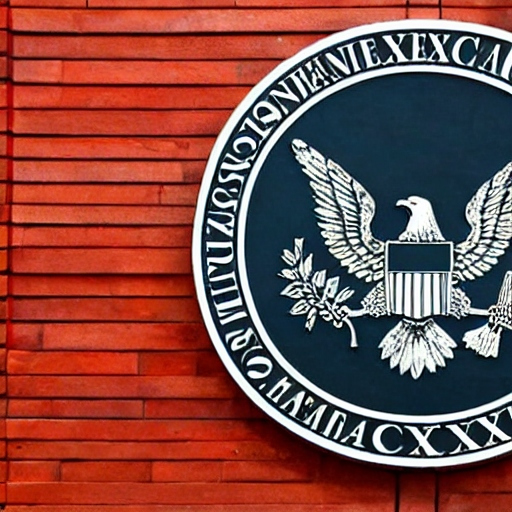According to Chairman of the Securities and Exchange Commission of the United States Gary Gensler, the current crypto craze is comparable to that which existed in the 1920s before to the establishment of federal securities laws. Hucksters. Fraudsters. con artists. Ponzi plans. The public left from the bankruptcy court in a queue.
Gensler said that the majority of crypto tokens are securities and fall under the jurisdiction of the SEC while speaking remotely at the Piper Sandler Global Exchange and FinTech Conference in New York City. He emphasized once more that exchanges that list these currencies must register with the appropriate regulatory body.
Gensler argued that the public’s well-deserved confidence in the capital markets should not be undermined by the crypto securities markets. Investors shouldn’t be subjected to harm due to the crypto markets.
In separate lawsuits filed this week, the SEC accused Binance and Coinbase of providing securities intermediation services without being registered with the regulatory body. Additionally, the government claimed Coinbase mixed up its exchange, broker-dealer, and clearinghouse operations. The SEC also charged Binance with mixing up the assets of investors.
Gensler: Most tokens are securities
Gensler noted that the term “investment contract” was one of more than 30 criteria that Congress added in the definition of a security.
The great majority of cryptocurrency tokens, he continued, satisfy the investment contract test. As a result, crypto security issuers must either qualify for an exemption or register the offer and sale of their investment contracts with the SEC.
Those in the cryptocurrency sector who claim that the SEC has not specified what constitutes a security and what does not were strongly rebuffed by Gensler.
Don’t believe it, he said, when crypto asset market players claim on Twitter or TV that they didn’t have “fair notice” that their actions would be unlawful. They might have chosen strategically to accept the expense of operating by accepting the risk of enforcement.
Gensler reaffirmed that the SEC is responsible for overseeing cryptocurrency exchanges. Because the majority of cryptocurrency tokens are governed by securities regulations, he continued, the majority of cryptocurrency intermediaries also have to comply by securities laws.
These claimed shortcomings allegedly deprive investors of essential safeguards, such as rulebooks that prohibit fraud and manipulation, accurate disclosures, customer assets being segregated, conflict-of-interest protections, self-regulatory organization oversight, and regular SEC inspection.
Cryptocurrency exchanges that are still performing broker-dealer duties were criticized by Gensler.
Rich Repetto, the conference chair for Piper Sandler and the firm’s senior research analyst, was interrupted by Gensler. Rich, if one of your earlier speakers said they were combining these functions or that they were covertly trading against their customers without complying with our rules, no one in this room would stand for it,” Gensler said to Rich.
Gensler says crypto firms ‘know how to register’
In a question-and-answer session with Repetto, Gensler dismissed accusations from crypto firms that the registration process is confusing, claiming that these firms “know how to register.”
Gensler was also questioned on the necessity of Congress passing comprehensive crypto legislation. While he did not directly respond to the query, he refuted claims that the definition of what constitutes a security is too ambiguous.
Gensler didn’t address claims made by Binance’s attorneys that he volunteered to advise the cryptocurrency exchange in 2019 in response to their request. At the time, Gensler was an instructor at the Sloan School of Management at Massachusetts Institute of Technology.
No schedule for market structure, regulations for order flow payment
Separately, Gensler reported that 20,000 comment letters were received in response to proposed market structure rules, including one addressing payment for order flow. He declined to provide a timetable for making a final decision on whether to adopt the guidelines.













